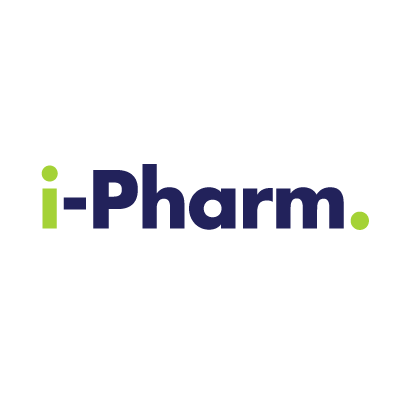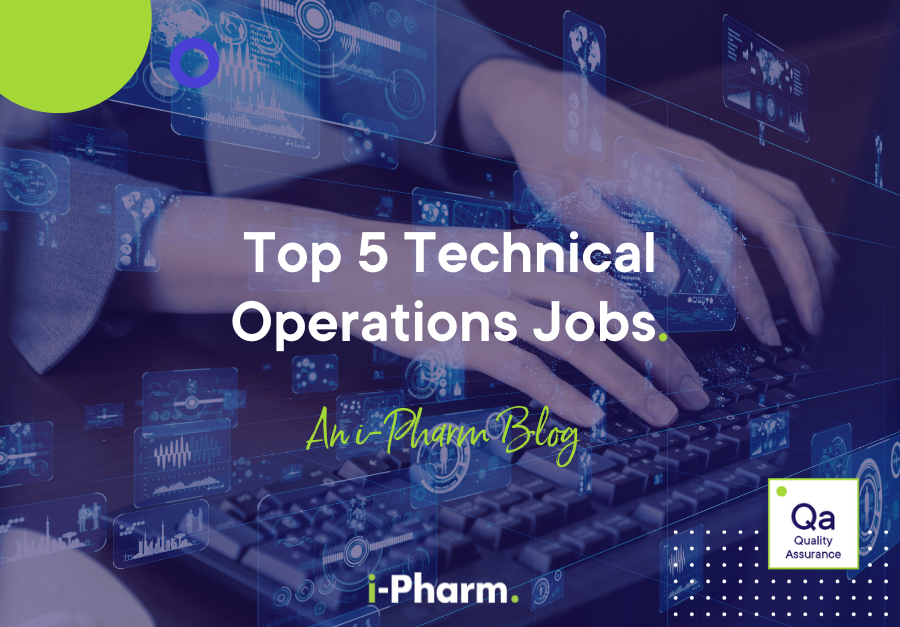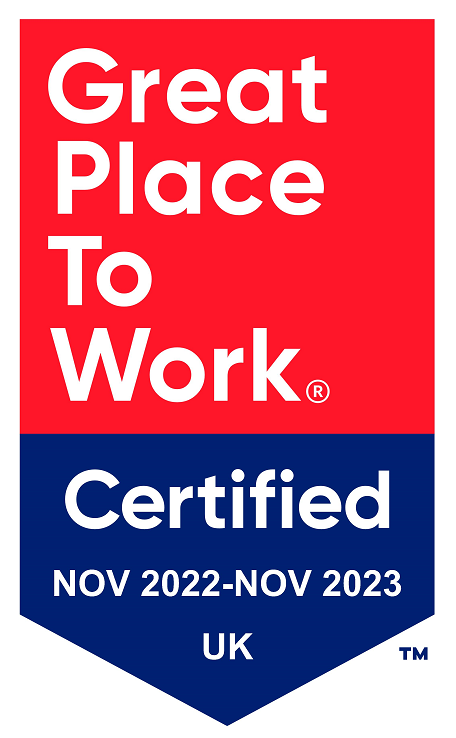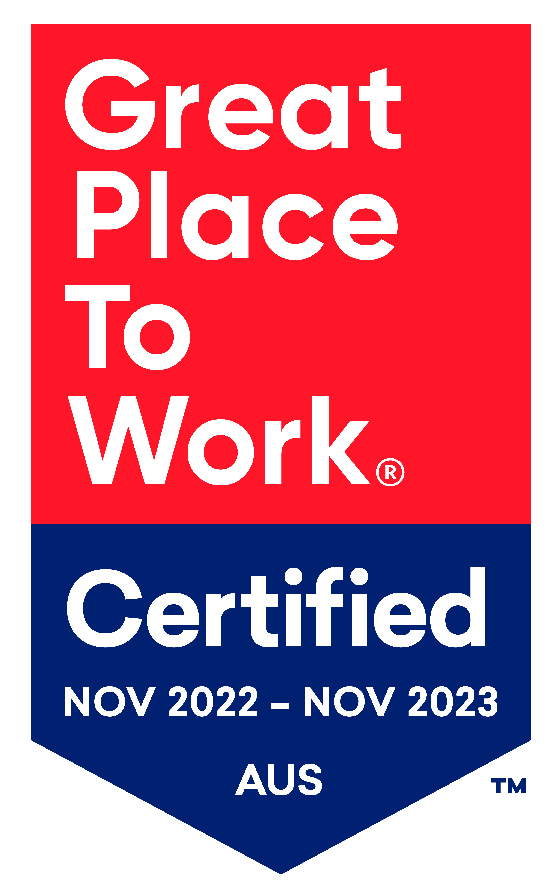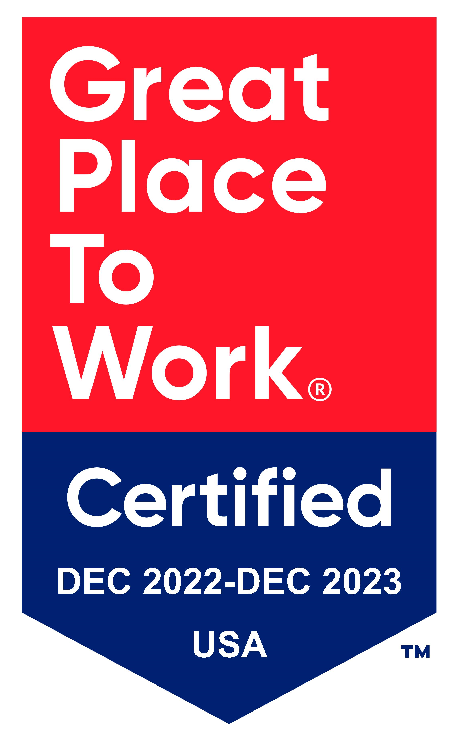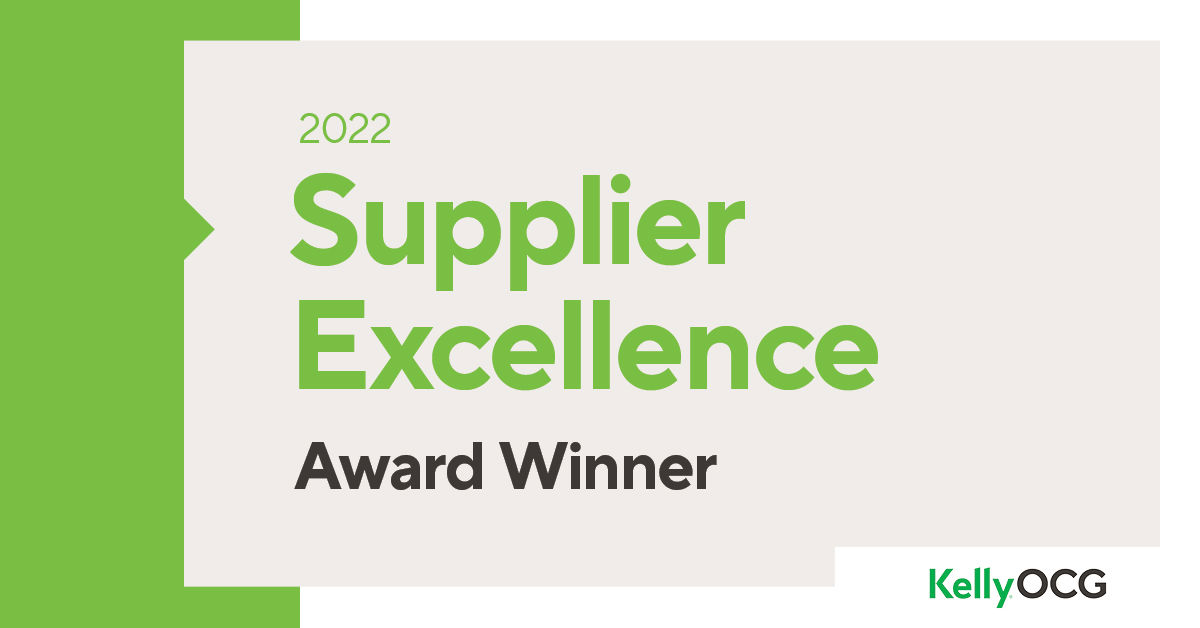The role of technology in Pharmaceuticals
27 Jun, 20237 minutesThe pharmaceutical industry is a complex and dynamic field, constantly evolving to meet the ...
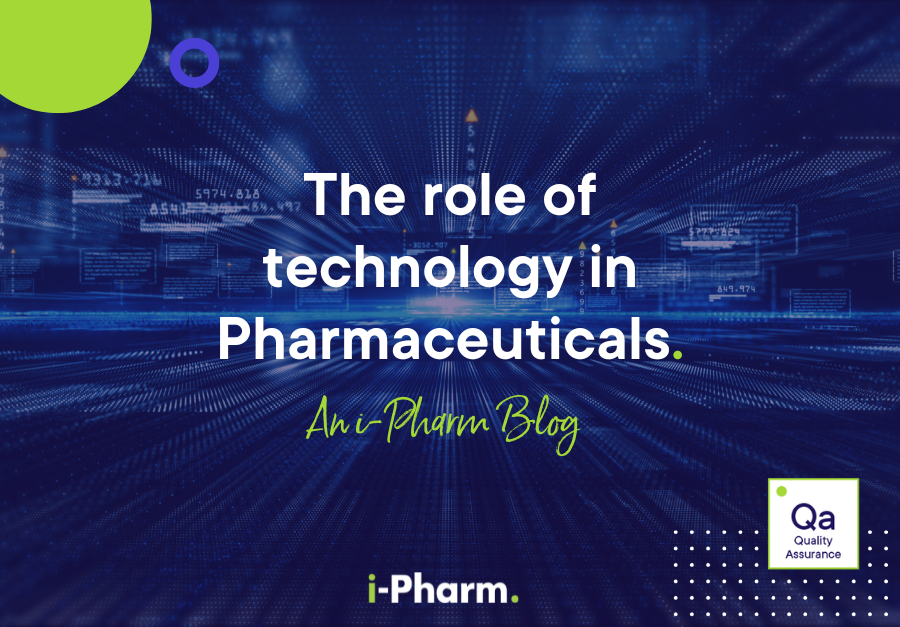
The pharmaceutical industry is a complex and dynamic field, constantly evolving to meet the demands of patients worldwide. In recent years, technology has played an increasingly important role in this industry, transforming the way drugs are discovered, developed, and delivered to patients. At i-Pharm recruitment, we are dedicated to connecting the best talent with ground-breaking life science companies, and we believe that understanding the role of technology in this industry is essential for success.
This blog explores the importance of technology in pharmaceuticals, highlighting some of the growing trends and how they are being applied in the industry to transform lives across the globe.
The Growing Need for Technology in Pharmaceuticals
The field of Pharmaceuticals has seen significant changes in recent years, with the emergence of new technologies playing a vital role in shaping its future. A report from Grand View Research found that the global pharmaceutical technology market size is expected to reach $147.5 billion by 2028. This growth can be attributed to the increasing adoption of digital technologies and platforms in drug discovery and development.
As the demands of patients and healthcare providers continue to evolve, the industry has recognised the growing need for technology in drug discovery, development, and delivery. By utilising cutting-edge technologies such as AI, 3D printing, and blockchain, the industry is finding new ways to approach drug development, allowing for faster and more accurate data analysis, and ultimately leading to better patient outcomes. A recent study from StartUs Insights outlined the top 10 trends and innovations in pharmaceuticals in 2023 as follows:
• AI (Artificial Intelligence) - 21%
• Big Data and Analytics - 15%
• Flexible Production - 13%
• Precision Medicine - 9%
• Additive Manufacturing - 9%
• Blockchain - 9%
• Extended Reality - 7%
• Real World Data - 6%
• Digital Therapeutics - 5%
• Curative Therapies - 5%
Emerging Technology Trends in Pharmaceuticals
As the pharmaceutical industry continues to evolve, new technologies are constantly emerging that are changing the way drugs are developed, tested, and brought to market. In this section, we will explore some of the trending technologies that are expected to be seen in practice across the industry in the year to come.
- AI (Artificial Intelligence)
One of the most emerging applications of technology in pharmaceuticals is through AI. AI (Artificial Intelligence) is revolutionising the industry and transforming the way drugs are discovered, developed, and delivered to patients. Machine learning and deep learning algorithms, which are at the core of AI, are being used to analyse vast amounts of data to identify potential drug targets and optimise drug design, resulting in the development of more targeted and effective treatments, which are tailored to the specific needs of individual patients.
- Valence Discovery
Valence Discovery's AI-powered platform is designed to address some of the major challenges in drug discovery, such as the high cost and lengthy timeline associated with traditional methods. By automating much of the drug discovery process, their technology reduces the time and resources required to identify promising drug candidates. Their algorithms are capable of predicting the properties of millions of compounds in a matter of hours, allowing researchers to focus on the most promising candidates for further development.
In addition to its efficiency, Valence Discovery's technology also enables a more targeted and personalised approach to treatment. By predicting the properties and potential side effects of new compounds, their algorithms can identify candidates with the greatest likelihood of success in specific patient populations. This could lead to the development of more effective and personalised treatments, improving patient outcomes and reducing the burden of disease.
Overall, Valence Discovery's innovative approach to pharmaceuticals has the potential to revolutionise the industry by reducing the time and cost of bringing new drugs to market, while also enabling the development of more effective and personalised treatments. By leveraging the power of AI and machine learning, they are helping to bring cutting-edge treatments to patients in need, improving health outcomes and driving innovation in the field of drug discovery.
- 3D Printing
Another area that has proven significant value in its application is use of 3D printing within drug development. Customised dosage forms are a key benefit of 3D printing in pharmaceuticals. Traditional manufacturing methods can result in one-size-fits-all dosage forms that may not be optimal for all patients, particularly those with specific medical needs or conditions. With 3D printing, pharmaceutical companies can create personalised dosage forms tailored to an individual patient's unique needs, such as customised shapes, sizes, and dosages. This level of customisation can lead to more precise drug delivery and improved therapeutic outcomes. 3D printing also allows for the production of complex dosage forms that can release multiple drugs at different rates, enabling more effective treatment of complex medical conditions.
- FabRx
One company making influential developments in this field is FabRx who is a pharmaceutical company that specialises in the development and manufacturing of 3D printed medicines. They have developed a unique 3D printing platform that allows for the precise control of drug release rates, allowing for more effective and efficient drug delivery. By using this innovative technology, FabRx can create personalised dosage forms tailored to the individual needs of patients.
One of FabRx's most notable achievements is the development of a 3D printed tablet for children with epilepsy. The tablet is designed to release medication at a slow and steady rate, making it easier for children to take and reducing the likelihood of seizures. The process starts with the selection of the drug and the creation of a digital model of the desired dosage form using computer-aided design (CAD) software. The drug is then incorporated into a specially formulated polymer matrix and loaded into the 3D printer. The printer uses a layer-by-layer approach to build the desired dosage form based on the digital model. This allows for the creation of complex shapes, such as a tablet with multiple release profiles, that would not be possible with traditional manufacturing techniques. The final product is then coated with a layer of food-grade material to ensure patient safety and ease of swallowing.
In these cases it is clear that technological improvements in drug manufacturing can have a significant impact on a patient's condition. With more personalised medicine from 3D printing, the dosage can be tailored precisely to their needs, leading to better symptom control and an improved quality of life.
- Blockchain
Blockchain is a decentralised digital ledger that records and verifies transactions, making it highly secure and resistant to tampering. One of the most significant benefits of blockchain in pharmaceuticals is its ability to improve supply chain management. Counterfeit drugs are a major public health concern that can result in significant harm to patients, as they may contain harmful substances or have incorrect dosages. According to the World Health Organization, approximately 10% of pharmaceutical drugs sold worldwide are counterfeit, with the figure reaching as high as 60% in some countries. Blockchain technology addresses this issue by creating an immutable record of a drug's journey from manufacturer to patient. This record can include information such as the drug's origin, manufacturing and expiry dates, and any intermediate steps in the supply chain. By tracking this information on the blockchain, pharmaceutical companies can ensure that drugs are genuine and have not been tampered with along the way.
- Veratrak
Veratrak is a blockchain-based platform that enables secure and efficient document management for pharmaceutical companies. The platform uses blockchain technology to ensure that all documents are secure, tamper-proof, and easily accessible to authorised parties.
Veratrak's process begins with the creation of a document, such as a quality control report or a manufacturing specification. The document is then uploaded to the Veratrak platform, where it is encrypted and added to the blockchain ledger. Once the document is added to the blockchain, it is time-stamped and cannot be altered or deleted, providing an auditable record of all actions taken on the document. The platform also allows for easy sharing of documents between different parties, such as suppliers and manufacturers, while ensuring the security and privacy of the information being shared. This helps to streamline the supply chain process and reduce the risk of errors and delays. By improving the efficiency and security of document management, Veratrak is helping to advance the pharmaceutical industry and improve patient outcomes.
Looking to make an impact in Pharmaceuticals? We can help.
The integration of technology in the pharmaceutical industry has brought about remarkable improvements, ranging from expediting drug discovery to improving patient outcomes. With the incorporation of AI, 3D printing, and blockchain, pharmaceutical companies can create novel solutions and tackle complex issues more effectively. The use of automated laboratory equipment and high-throughput screening tools has resulted in more efficient research, leading to faster innovation. As the demand for technology in pharmaceuticals increases, the industry must keep up with technological advancements to stay competitive. The future of the pharmaceutical industry looks promising as the potential for technology to enhance drug development and patient care continues to grow.
At i-Pharm, we understand the importance of technology in the pharmaceutical industry, and we strive to stay up-to-date with the latest developments. As a leading life sciences recruitment agency, we provide our clients with access to top talent in the industry, including those with expertise in technology. We work with pharmaceutical companies of all sizes, from emerging start-ups to established global organisations, to help them build high-performing teams and drive innovation. If you're looking to hire top talent in the pharmaceutical industry, contact i-Pharm today.
